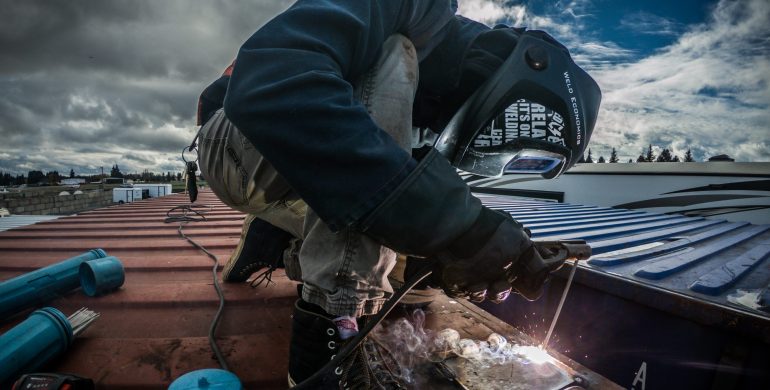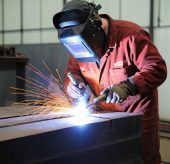Expanding Your Expertise
Sacramento Sparks Reno Welding Supply
Expanding Your Expertise
Tenured welders, with years of experience in the field, can further enhance their skills and industry knowledge through various avenues beyond their regular job assignments. Continuous learning is crucial in the welding profession to keep up with technological advancements and industry trends. Here are three effective ways for experienced welders to expand their expertise.
Tenured welders can pursue advanced welding courses and certifications to deepen their knowledge and skills. Several institutions and organizations offer specialized training programs that cover advanced welding techniques, specialized materials, and cutting-edge technologies. These courses can include topics such as robotic welding, metallurgy, underwater welding, and non-destructive testing (NDT) methods. Earning additional certifications, such as the Certified Welding Inspector (CWI) or Certified Welding Engineer (CWE), can also open doors to more challenging and specialized roles within the industry.
Tenured welders can also attend industry-related workshops, seminars, and conferences. This is an excellent way for experienced welders to stay up to date with the latest developments and network with other professionals. These events often feature presentations by experts, hands-on demonstrations, and discussions on emerging welding technologies and safety practices. Welders can gain insights into new equipment, welding processes, and best practices by actively participating in such events. Additionally, engaging with fellow welders and industry leaders can lead to valuable mentorship opportunities and collaborations on innovative projects.
Lastly, tenured welders can share their knowledge and expertise by teaching or mentoring others. Teaching or mentoring can be a rewarding way for tenured welders to expand their skills. They can become welding instructors at vocational schools, community colleges, or technical institutes, helping train the next generation of welders. Teaching forces welders to delve deeper into their subject matter and stay updated on industry trends, as they must convey this information effectively to their students. Additionally, mentoring less experienced welders within their own workplace can also be beneficial, as it encourages knowledge exchange and skill development while fostering a collaborative work environment.
In conclusion, experienced welders can continue to grow and expand their skills by enrolling in advanced courses and certifications, attending industry events, and engaging in teaching and mentoring activities. These proactive approaches not only keep them at the forefront of industry developments but also contribute to the overall growth and sustainability of the welding profession. Continuous learning and knowledge-sharing are essential for staying competitive and thriving in the dynamic field of welding.






